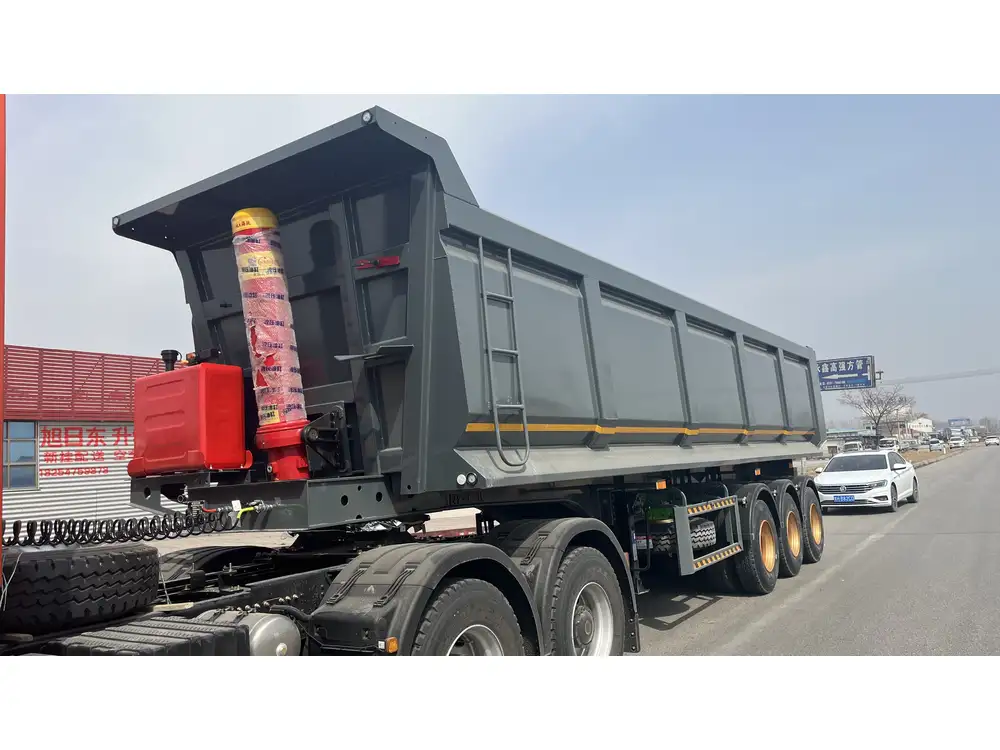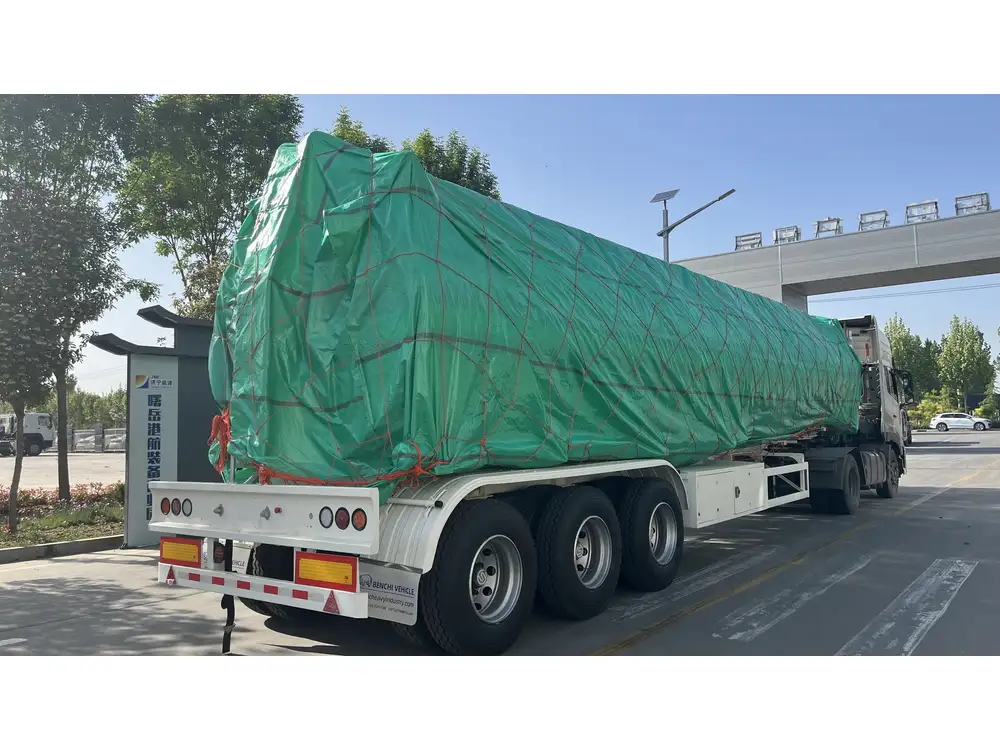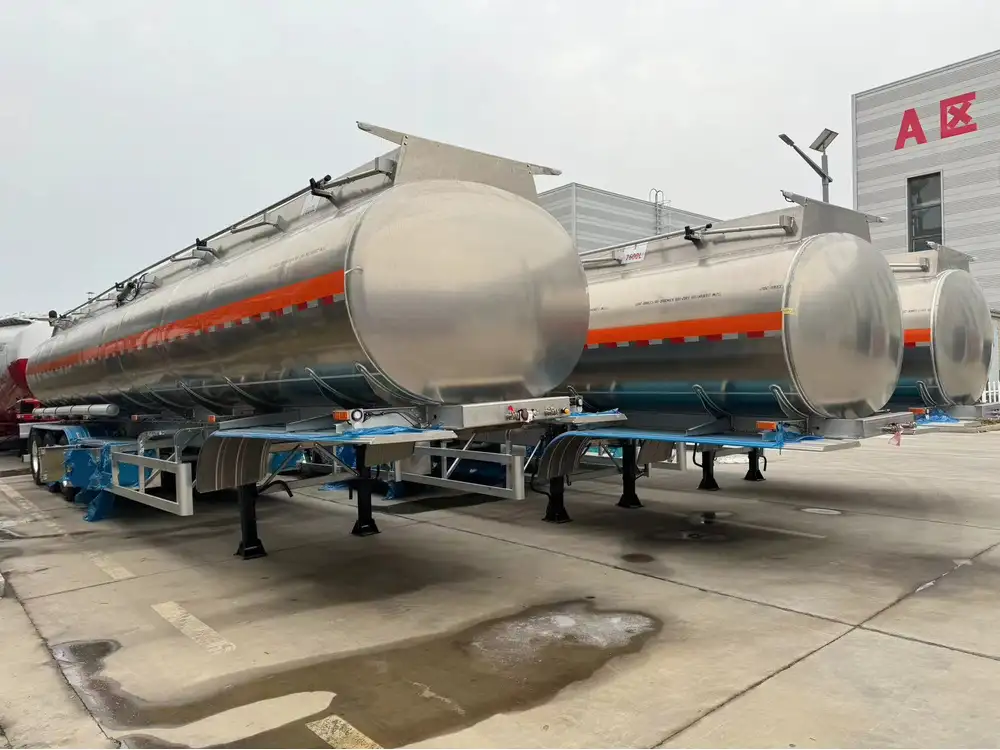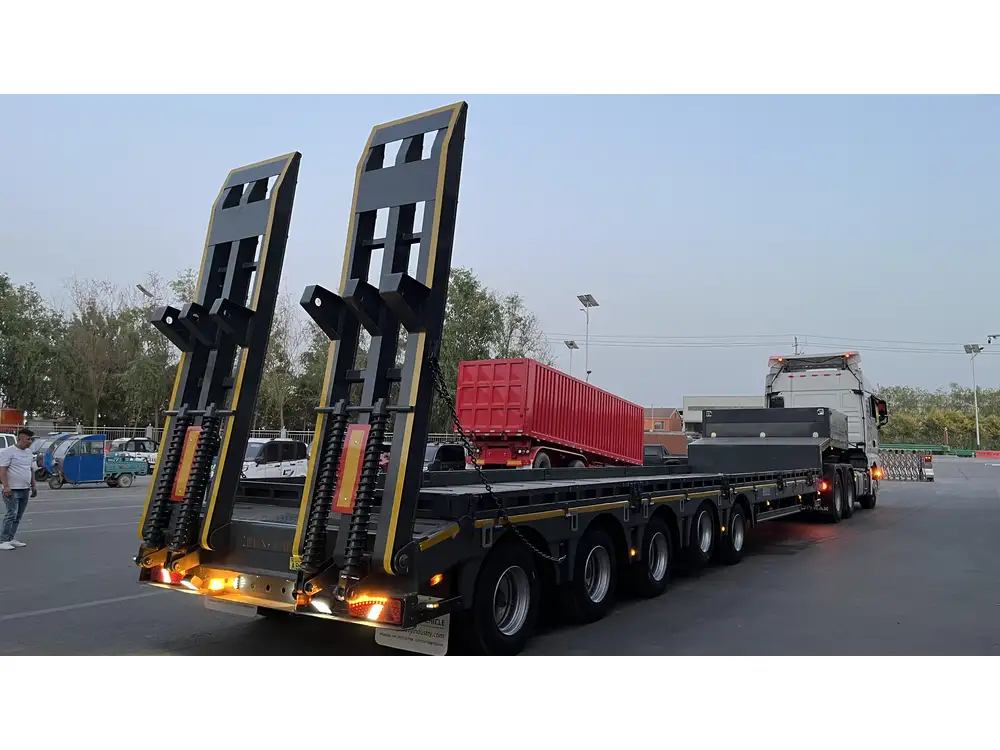When it comes to maintaining and operating dump trailers efficiently, selecting the appropriate size jack is paramount. A jack that is too small can result in inadequate lifting capacity, while an oversized jack may complicate the operation or become unwieldy. In this article, we will dissect the specifics regarding the sizing of jacks for dump trailers, providing a comprehensive guide that will help you make an informed decision.
What Is a Dump Trailer?
A dump trailer is a versatile piece of equipment used primarily in the construction and landscaping industries. Its defining feature is the ability to lift and dump its payload, making it ideal for transporting loose materials such as gravel, sand, dirt, and debris. Dump trailers can be towed by various vehicles, including trucks and SUVs, and come in a variety of sizes and configurations.
Why the Size of the Jack Matters
Choosing the correct size jack is critical for several reasons:
- Safety: An undersized jack can collapse under the weight of a fully loaded dump trailer, posing severe safety hazards to operators and bystanders.
- Efficiency: A jack that meets the specifications of your dump trailer allows for smooth, quick operation, facilitating timely project completion.
- Durability of Equipment: Proper sizing reduces wear and tear, extending the lifespan of both the jack and the trailer.

Key Factors to Consider When Sizing a Jack for Your Dump Trailer
1. Weight Capacity
Every dump trailer has a specific weight capacity, typically outlined in the manufacturer’s specifications. The jack must not only support the weight of the trailer but also account for the materials that will be loaded.
Table of Weight Classifications:
Trailer Size Max Weight Capacity Suggested Jack Size 5×8 Feet Up to 3,000 lbs 3-ton jack 6×10 Feet Up to 6,000 lbs 6-ton jack 7×14 Feet Up to 8,000 lbs 8-ton jack 8×20 Feet Up to 10,000 lbs 10-ton jack
Ensure to validate these measurements with precise load calculations.
2. Height Requirements
The jack must be able to raise the dump trailer to a sufficient height for proper loading and unloading.
Considerations for Height:
- Ground Clearance: Always measure from where you will be using the jack to the lowest point of the trailer.
- Maximum Lift Height: Check the specifications and assess how high the jack can lift the trailer during dumping.

3. Type of Jack
Different applications might require different types of jacks. Common types include:
- Bottle Jacks: Ideal for smaller dump trailers due to their compact size.
- Floor Jacks: More suitable for larger, heavier trailers, offering stability and an extended lift range.
- Scissor Jacks: Often used for a lower profile and for precision adjustments in height.
Frequently Asked Questions About Jacks for Dump Trailers
What are the common problems caused by using an incorrect jack size?
- Jack Failure: An undersized jack may fail, leading to damage or personal injury.
- Delay in Operations: Using an inappropriate jack can slow down workflows, causing project bottlenecks.
- Imbalanced Load: Sometimes, an incorrectly sized jack can lead to uneven lifting, risking the trailer’s stability.

How do I maintain my jack for longevity?
- Regularly inspect the jack for any signs of wear and tear.
- Lubricate any moving parts as specified by the manufacturer.
- Store the jack in a dry place, away from moisture and extreme temperatures.
Selecting the Right Jack for Your Needs
Step-by-Step Guide to Selecting Your Jack
- Assess the Load: Determine the maximum weight your dump trailer will carry.
- Choose the Jack Type Based on Application: Decide between a bottle, floor, or scissor jack according to your needs.
- Check Lift Height: Ensure your jack can achieve the required lift height for your trailer.
- Consider Portability: If your operations require moving the jack frequently, opt for a lighter model.

Comparison Chart of Jack Types
| Jack Type | Pros | Cons |
|---|---|---|
| Bottle Jack | High lifting capacity, compact design | Limited lift height, can be unstable |
| Floor Jack | Stability, larger lift range, ideal for heavier loads | Heavier and less portable |
| Scissor Jack | Low profile, ease of use, good for precise lifting | Limited lift height compared to other types |
The Importance of Quality
When selecting a jack for your dump trailer, consider factors such as warranty, customer reviews, and brand reputation. Higher-quality jacks typically last longer and provide better safety features.
- Brands to Consider:
- Pro-Lift: Known for its durability and various capacity options.
- Sunex: Offers a range of heavy-duty jacks suitable for industrial applications.
- Torin: Recognized for affordability and reliability.
Enhancing User Experience and Operational Efficiency

Training and Safety Protocols
Educating your team about the proper use and maintenance of jacks is crucial. Enforce safety protocols and regularly conduct training sessions to minimize risks associated with improper usage.
Customizing Your Equipment
You can enhance your operational capacity by customizing your dump trailer and jack setup. Consider specialized attachments or jacking systems that can maximize the efficiency of your trailer and reduce downtime.
Annual Maintenance Checks
Regularly scheduled inspections and maintenance checks of your dump trailer and associated jacking equipment will help ensure that everything operates smoothly and safely. This can prevent significant issues from arising during peak work seasons.

Understanding Regulations and Compliance
Industry Standards
Confirm that the jack you choose meets the relevant industry standards and regulations, such as OSHA requirements, to ensure safety and compliance at job sites.
Conclusion
Choosing the proper size jack for your dump trailer involves a thoughtful analysis of various factors, including the trailer’s weight capacity, height requirements, and the type of jack suitable for your operations. By investing time in understanding these components, you’ll contribute to safer, more effective workflows in the field. Keep safety at the forefront, continuously educate your crew, and remain aware of industry standards—your operational success will depend on it.



